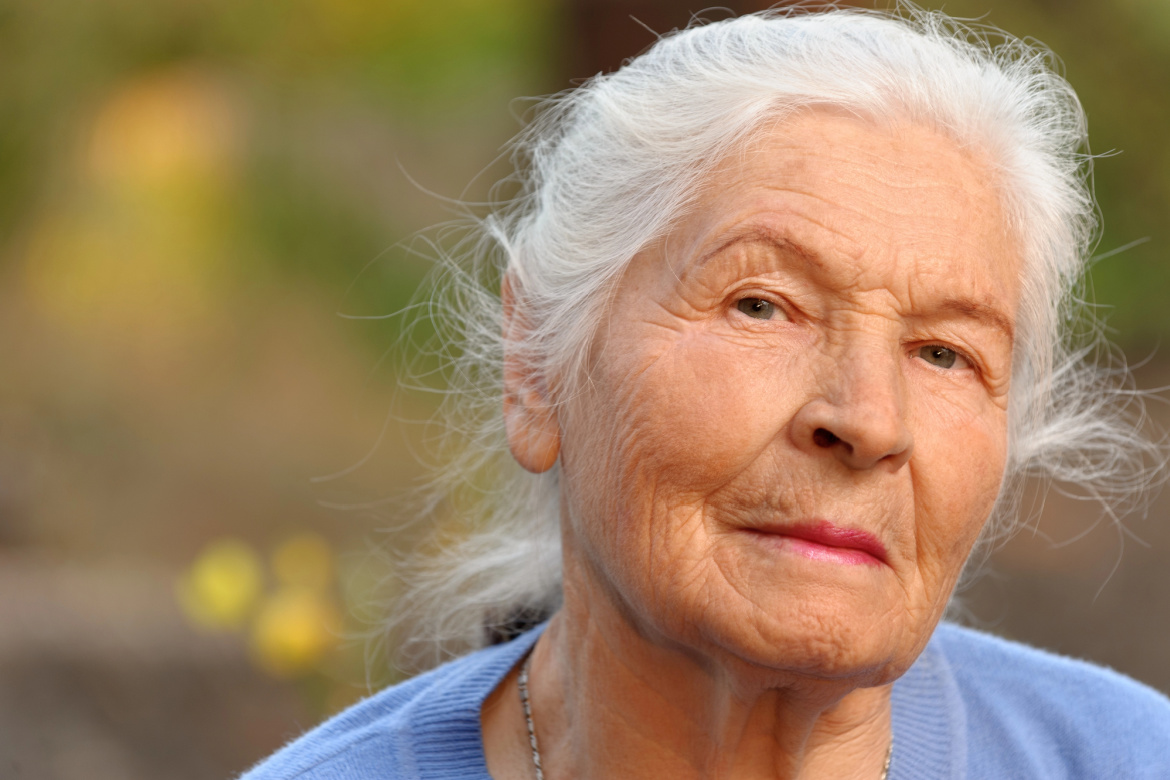Living in an Ageist Society

by Michael Feeley
I didn’t realize how much I’d accepted the rules of certain age-obsessed societies. The unspoken message in the USA is clear: hit 65, retire, fade away. You’ve served your purpose. Time to step aside.
At 73 (living between the Caribbean and France), I’m studying what it means to age in different cultures. While some societies systematically devalue people based on their age, others honor their elders as sources of wisdom and guidance. The contrast is striking—and it shows that ageism isn’t inevitable, it’s a choice societies and individuals make.
The workplace: In many Western societies, nearly 60% of workers over 45 have experienced age discrimination. Employers assume older workers can’t learn new technology and they escort experience and decades of knowledge out the door.
Healthcare: Doctors dismiss symptoms as “you’re getting older” instead of treating real problems. Pain and profound feelings of concern get overlooked because we expect older people to deteriorate.
Daily life: Buildings and technology are designed for young bodies. Public spaces, websites, and simple tasks become obstacle courses for aging people.
Other cultures still value their elders’ counsel, expecting families to care for aging parents with respect.
Other cultures have embraced a youth-obsessed model where aging means obsolescence.
Every culture has room for improvement, but honoring age is possible when societies choose wisdom over dismissal.
Tom Kamber – Executive Director, Older Adults Technology Services (OATS) from AARP – helped me understand: “When you live in an ageist society, your dreams are a threat to other people. They’re trying to hold you back because they’re afraid of their own aging.”
This fear drives age discrimination. Younger people often separate themselves for maturing people, seeing older adults, especially colleagues at work, as competition or they’re terrified of their own future, so they distance themselves by devaluing aging.
There can be a psychological discomfort, even anger, when older adults refuse to conform to stereotypes about aging and retiring, and the anxiety that their continued ambitions, and fierce desire to be understood creates in others who have limited beliefs and empathy about ageing.
We’re complicit. That’s the cruelest part. We internalize these messages. We accept getting older means becoming useless, dependent, or irrelevant. We retire our dreams along with our careers. We apologize for taking up space.
When we expect less of ourselves, we achieve less. When society expects us to disappear, many of us do.
Ageist mindsets waste human potential on a massive scale:
- Decades of experience and problem-solving skills
- Deep relationships and community knowledge
- Different perspectives that could improve everything from technology to policy
- The mentorship that helps younger generations thrive
The UN built The Decade of Healthy Aging (2021-2030) to change how we live with aging. Creating knowledge for healthy ageing, finding and sharing wisdom that can improve the lives of older people, their families, and their communities because this isn’t an “old people problem”—it’s humanity’s question.
Defining, describing, and living ‘aging’ is what we are all doing. Every single person is actively participating in this process from the moment they’re born, yet we’ve created artificial categories that make aging seem like something separate from the human experience.
Growing older should mean gaining wisdom with continued learning and contribution, not losing respect and ignoring the opportunity and privilege of ageing. The cultures that understand this glorious event and rite of passage, create richer, more supportive communities for everyone.
We’re all co-authors of what aging looks like—not passive recipients of some unkind and predetermined decline.
Thanks – Michael (he, him)
Please share this Daily with others.
This is also important – Connection Destroys Age Apartheid.
#2051





